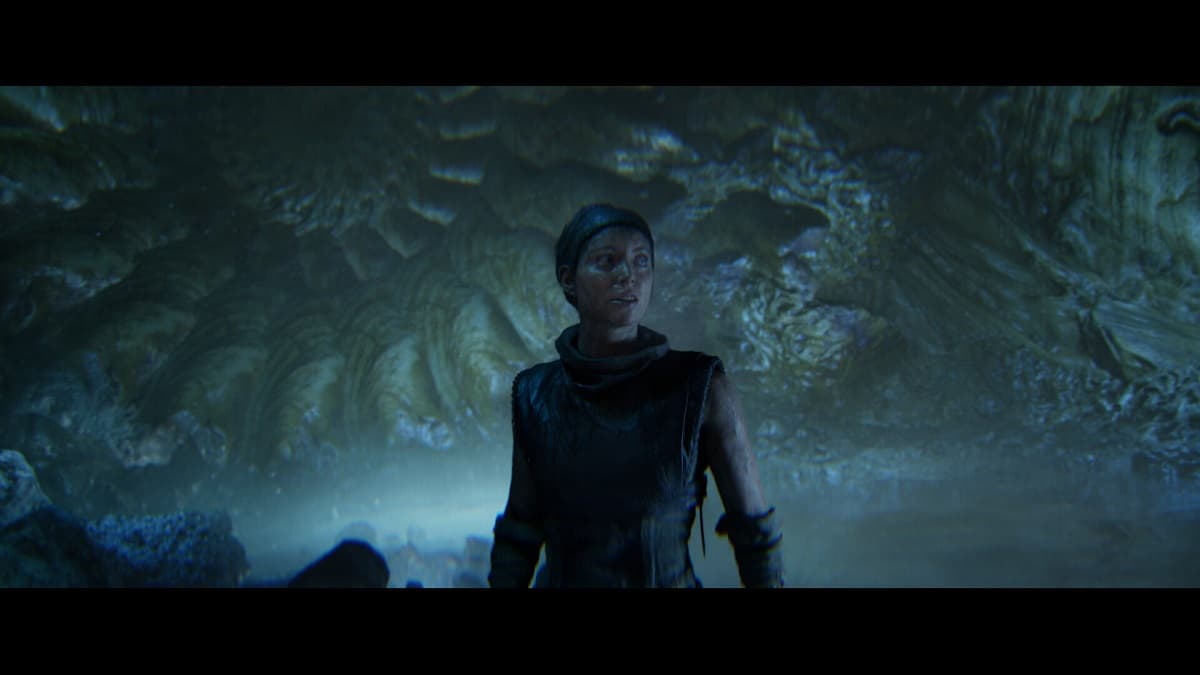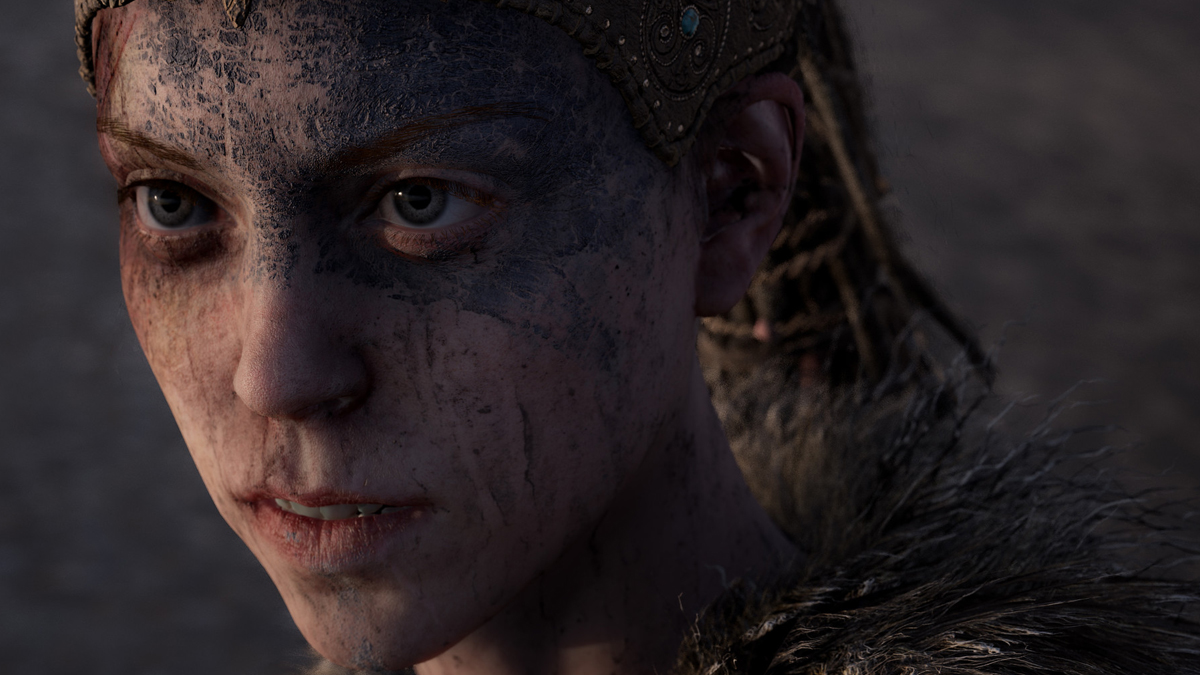Senua’s Saga: Hellblade II is a sequel to a unique and heartfelt story about one woman’s journey with her mental illness and the changing world around her. Apart from offering one of the most authentic takes on psychosis in gaming, the Hellblade franchise has also captured a powerful view of mythology.
Senua’s Mythic Journey Thus Far
In Hellblade: Senua’s Sacrifice, we are introduced to a young Pict warrior forced into exile due to a mental illness that was passed down from her mother. Though Senua meant well, no one understood her quite like the love of her life, Dillion. However, when the Vikings killed him, it broke Senua. Taking Dillion’s head on her journey, Senua traveled to Helheim to confront Hela and save her beloved’s soul.
Like the tale of Orpheus and Eurydice, Senua’s quest was something out of history, exploring how far someone would go for love by challenging gods for nothing more than a chance to see one person again. Similar to David and Goliath, the odds are more than stated against Senua, but the inspiring tale reminds us that if we keep going, there’s no telling what we can accomplish for ourselves and the ones we love.
That said, even though we are experiencing an epic tale of drought with struggle and battle, the true conflict was in Senua’s mind. More so, that same conflict represented what many have gone through in life and continue to struggle with. But it’s these struggles that also make the story a one-two punch of dark fantasy and tragedy that educates the player along the way.
How Mental Illness Impacts Senua’s Story
From childhood, Senua endured various forms of trauma, from catching the wrath of her father, who abused her to try and coax her undiagnosed mental illness from her, to the rot she metaphorically carried as a result. Even as Senua entered adulthood and ran away with Dillion, the decimation of her village was alluded to being something she caused as part of the curse she carried. This culminated in the death of Dillion, hoisted up by Vikings and made into a Blood Eagle. It was this straw that broke Senua’s back and led to a full mental break, allowing her psychosis to affect her even more.
From a gamer’s perspective, the voices we hear, the runes we see, and the Gods and monsters we fight are all representative of Senua’s mental health. It may not be real, but it’s real to us and, in turn, to her. The surrealness that follows Senua into Senua’s Saga: Hellblade II is also representative of the hard work the creators at Ninja Theory put into delivering a respectful but authentic look at psychosis and mental illness as a whole.
In Hellblade: Senua’s Sacrifice, Senua’s journey ends with her not saving Dillion but accepting that he is gone and coming to terms with the world she’s in and the person she is. Now, knowing she’s not cursed but forced to deal with her own demons makes her a stronger warrior and shows us that having mental illness isn’t “evil,” as other forms of media often depict.
Senua’s Struggles May Represent a Deeper Historical Secret

While the diagnosis of mental illness is relatively new in the grand scheme of human civilization, that doesn’t mean the symptoms and those who struggle with them are as well. In reality, mental illness has been a major part of the creation of the world and, depending on the era, could explain the behavior of many historical figures. However, Senua shows us that mental illness may have also played a role in the many mythological stories we’ve explored.
While much of it is, indeed, the work of storytellers, those who claimed to experience a god like Zeus or the many spirits of beings from the Hellblade franchise may have had mental illness as well. This is not to say their words mean less should it be true, but that mental illness has always been with us. While the Hellblade games and Senua’s story are both engaging and gripping, they spotlight that we, as people, endure many personal struggles. History has shown that mythic tales are exciting, but they may also represent journeys others have gone through, whether they came out on top or are still on their own quest.
Stay tuned to our Hellblade 2 hub for more content on the game.
If you or someone you know is struggling with mental illness, Mental Health America offers many outlets to get help







Published: May 21, 2024 04:38 pm